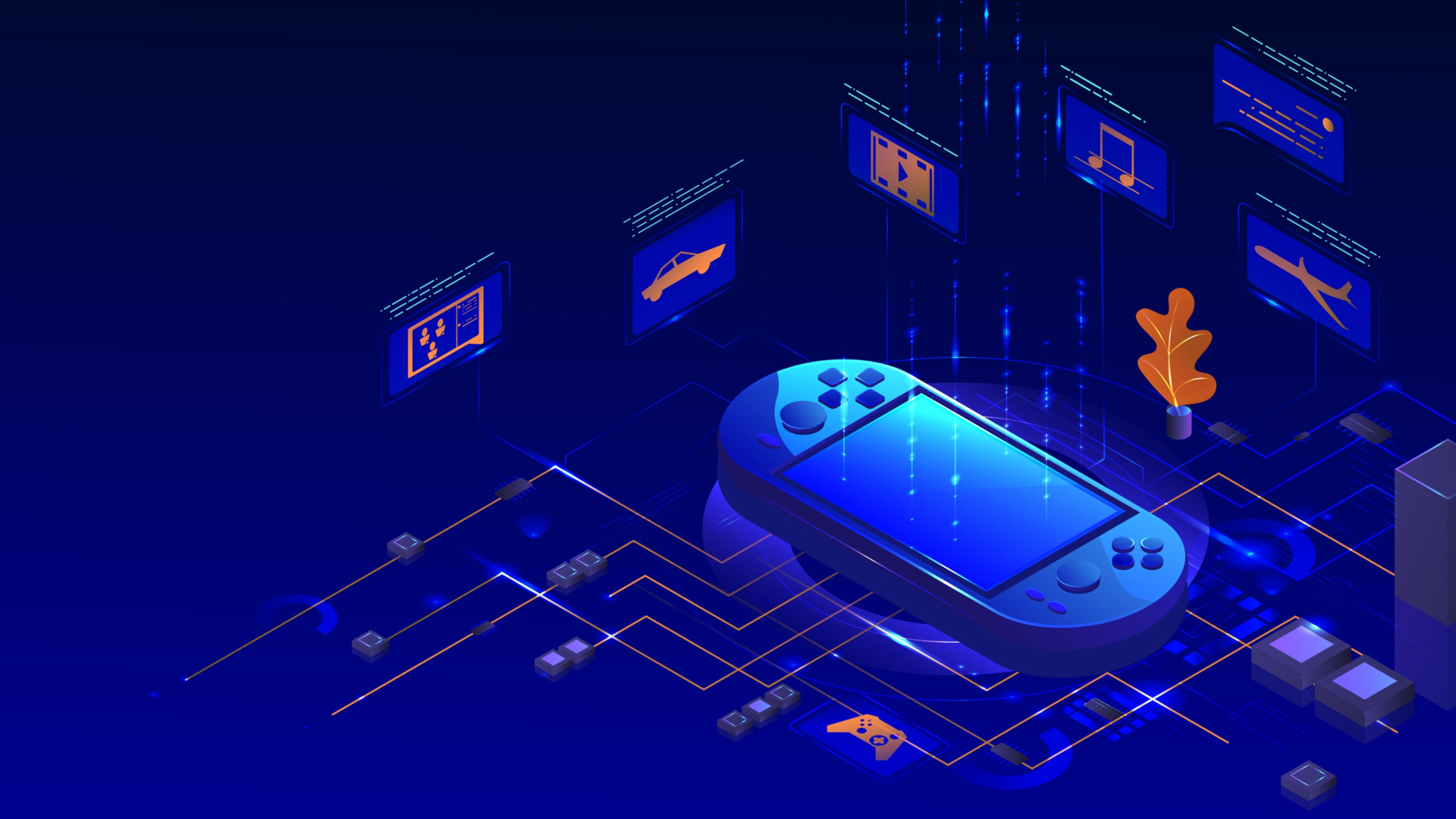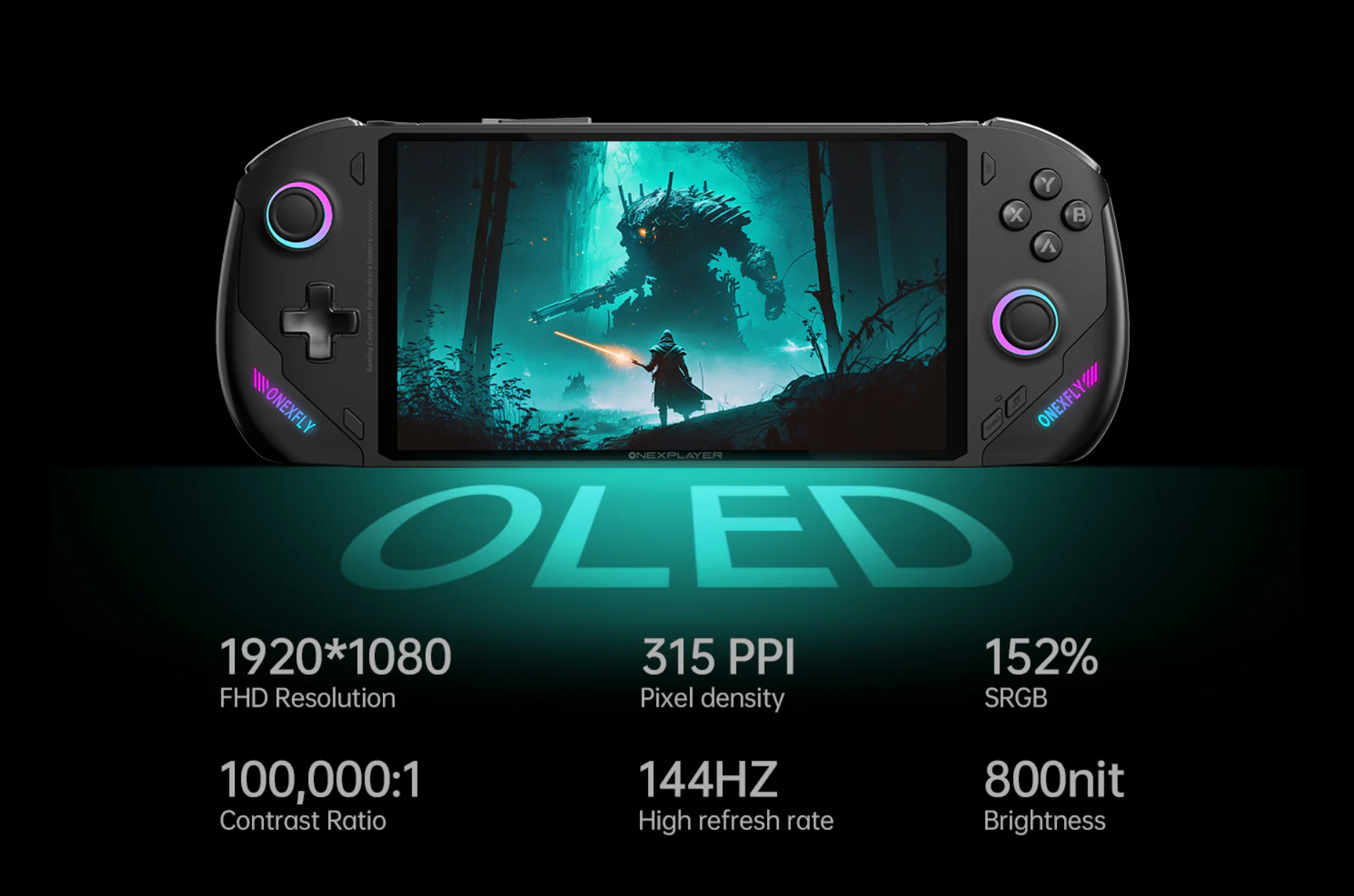Move over Steam Deck and forget the Switch 2 - the next-generation of handheld gaming PCs is almost here
Handheld gamers, it’s time to get excited again

- The OneXFly F1 Pro will be the first handheld gaming PC featuring AMD’s Ryzen AI 300 series APUs
- Multiple models will be available at the end of November 2024
- It's expected to outperform the rumored Ryzen Z2 Extreme handheld gaming PCs
The handheld gaming PC market has been reignited ever since Valve released the Steam Deck - an affordable option for many gamers that inspired a new generation of rivals, including the likes of Asus’ powerful ROG Ally, and now the OneXFly F1 Pro ($1,099 / around £849 / around AU$1,660) is set to kickstart the next generation.
Using AMD’s Ryzen AI 370 and 365 APUs, OneNetbook’s F1 Pro will be the first ‘Strix Point’ APU for handheld gaming PCs as spotted by VideoCardz - they will be driven by AMD’s RDNA 3.5 architecture, which Team Red claims will improve performance and battery life. Both APUs will feature 12 Zen 5 cores and 24 threads, which could open the door for high-level performance on each model.
While we await Asus’ next move for a ROG Ally X successor (rumored to use the Ryzen Z2 Extreme APU), this will give a strong hint at what the next-gen could look like performance-wise for Strix Point handheld gaming PCs. It’s also important to note that it’ll start at $1,099 with 32GB of RAM (up to 64GB depending on the model), which is becoming a system requirement for optimal performance and visuals in many games such as Returnal.
As well as the strong APU specifications, the F1 Pro will utilize a 1080p OLED display providing direct competition to Valve’s Steam Deck OLED - though considering the Steam Deck OLED’s pricing ($549 / £479 / AU$899), it will more than likely remain a more popular option despite its weaker performance.

Can the OneXFly F1 Pro compete with other handheld gaming PCs?
Without a doubt, the OneXFly F1 Pro will outperform current handheld gaming PCs from Valve, Asus, and Lenovo, thanks to the Ryzen AI 300 series APUs. Now, there’s no confirmation from other handheld makers (including the Nintendo Switch 2’s reveal or release date), but rumors suggest both Lenovo and Asus will use the Ryzen Z2 Extreme APU in future handhelds.
Despite the Ryzen Z2 Extreme APU being anticipated to be the weaker Strix Point silicon chip compared to the Ryzen AI 370 and 365 (according to leaks), AMD claims RDNA 3.5 could improve battery life which was a weak point for the Z1 Extreme Ally (fortunately, ROG Ally X’s battery is much better as mentioned in our review).
While this new handheld arms race is exciting, pricing could still be the deciding factor for most gamers. There are currently no reviews on OneNetbook’s new handheld gaming PC, so we will have to wait and see how it fares in terms of battery life and fan performance (cooling) - as well as overall value for money, which could really determine if it will be able to beat the Steam Deck or Nintendo Switch 2.
Get daily insight, inspiration and deals in your inbox
Sign up for breaking news, reviews, opinion, top tech deals, and more.
You might also like...

Isaiah is a Staff Writer for the Computing channel at TechRadar. He's spent over two years writing about all things tech, specifically games on PC, consoles, and handhelds. He started off at GameRant in 2022 after graduating from Birmingham City University in the same year, before writing at PC Guide which included work on deals articles, reviews, and news on PC products such as GPUs, CPUs, monitors, and more. He spends most of his time finding out about the exciting new features of upcoming GPUs, and is passionate about new game releases on PC, hoping that the ports aren't a complete mess.